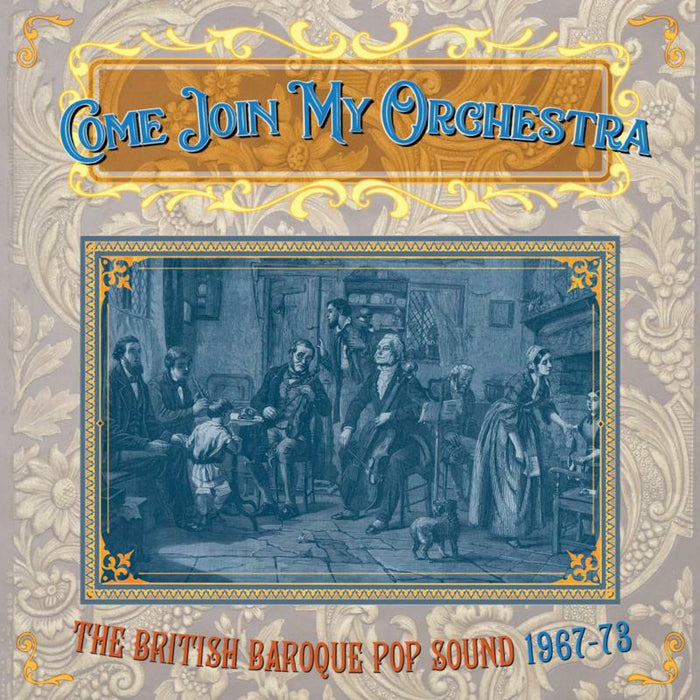Description
Jean-Philippe Rameau (1683 - 1764) Harpsichord Works - Vol. 2 Jean-Philippe Rameau was born in Dijon in 1683, the seventh of the eleven children of an organist. His musical gifts led him to decide on a career as a musician and a brief visit to Milan was followed by appointment in 1702 as temporary organist at the cathedral in Avignon, whence he moved very soon in the same year to Clermont as cathedral organist. By 1706 he was in Paris, where he published his first book of pieces for harpsichord and was apparently employed as organist by the Jesuits and the Mercedarians. The year 1709 found Rameau back in Dijon, where he succeeded his father as organist at Notre Dame, an appointment he shared with another organist. In 1713 he was in Lyons and two years later seems to have resumed his duties at Clermont, with a contract for twenty-nine years. The limited possibilities in Clermont and his desire to publish in Paris his important Traité de l'Harmonie led him to seek release from his contract and when this was not granted to play such discords with such unpleasant registration that the cathedral chapter agreed to his departure. In Paris the Traité de l'Harmonie was followed in 1726 by the Nouveau système de Musique théorique, pour servir d'introduction au Traité de l'Harmonie, the foundation of a system of harmony based on acoustic theory that broadly remains the accepted conventional system still in use. Rameau's reputation as a theorist was established. His earlier years in Paris, at least unti11738, brought continued activity as an organist, but it was to opera that he had turned his thoughts. It was his meeting with Le Riche de la Pouplinière, a man whose great wealth had been derived from his position as a fermier-général, a tax-farmer, that brought acquaintance with the poet-priest, the Abbé Pelletrin, who provided a libretto for Rameau's first opera, Hippolyte et Aricie , à tragédie en musique, which was first performed privately at La Pouplinière's and then, in October 1733, at the Opéra. La Pouplinière's patronage was of the greatest importance to Rameau, who for a time occupied quarters in his household and directed his orchestra, supported in particular by La Pouplinière's wife Thérèse Deshayes. In the following years Rameau wrote some twenty operas, in addition to a series of writings on the theory of music, retaining his reputation as a theorist, while winning renown as a theatre composer, remarkably enough, after the age of fifty. There was a later breach with La Pouplinière, in 1753, but by this time Rameau had pensions from the King and from the Queen, so that his final years were not spent in discomfort, in spite of apparent parsimony. His last opera, Les Paladins, was staged at the Opéra in 1760, but failed to please. Rameau believed that the public had not understood the work, remarking that the pear w








